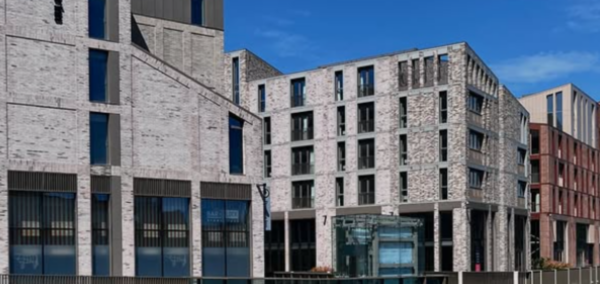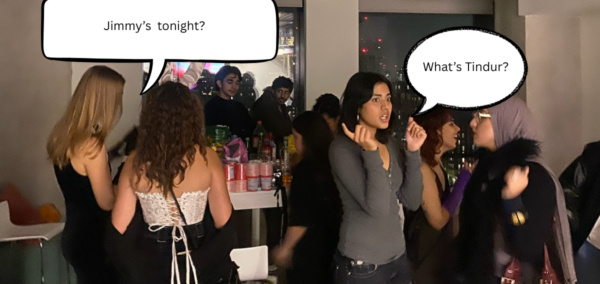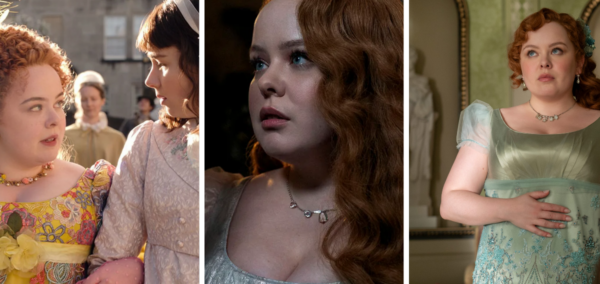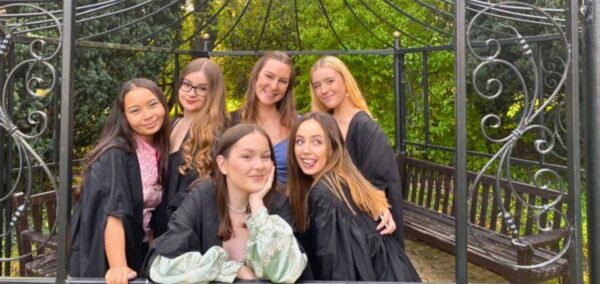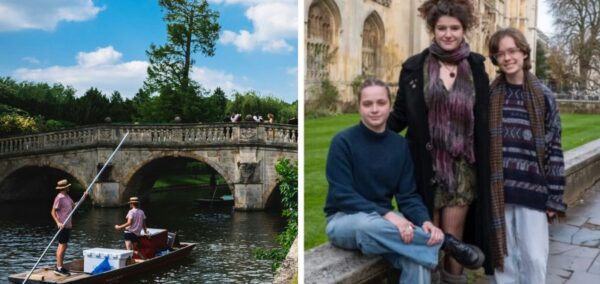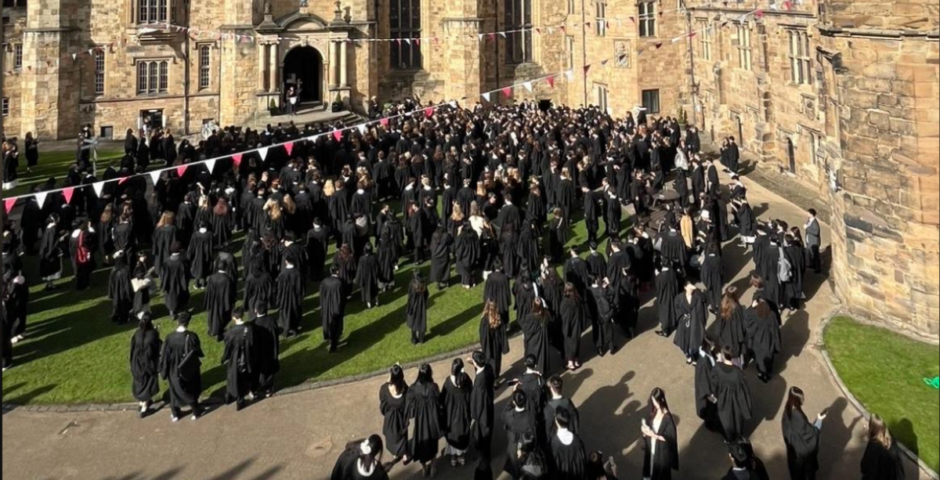
Private-school students seem to be favouring Durham as Oxbridge expands access schemes
State-school students have told The Durham Tab they’ve struggled to assimilate whilst at uni
New analysis suggests private-school students seem to be favouring Durham over Oxford and Cambridge as the UK’s top two universities expand their access schemes.
A study from the Telegraph shows private-school pupils in their final year have consistently been ranking Durham in their top three choices on the Unifrog university shortlist.
Narrowing educational disparities and widening access for students from disadvantaged backgrounds has become a key priority for Oxford, Cambridge, and many other leading universities. This forms part of an Equality, Diversity and Inclusion (EDI) agenda, which has reduced the number of students from private schools and increased intake from state schools.
The EDI push from Oxbridge has led to accusations that the universities are sacrificing high-achieving private-school applicants to diversify their student population. This, some believe, is a decision made to refute claims that they “favour” more elite pupils.
A Cambridge University Classics scholar, Dr David Butterfield, resigned from Cambridge University in 2024 over fears that the EDI drive had “placed politics ahead of talent” and resulted in “undeniable discrimination” against students from private schools.
39.1 per cent of Durham students have been privately educated
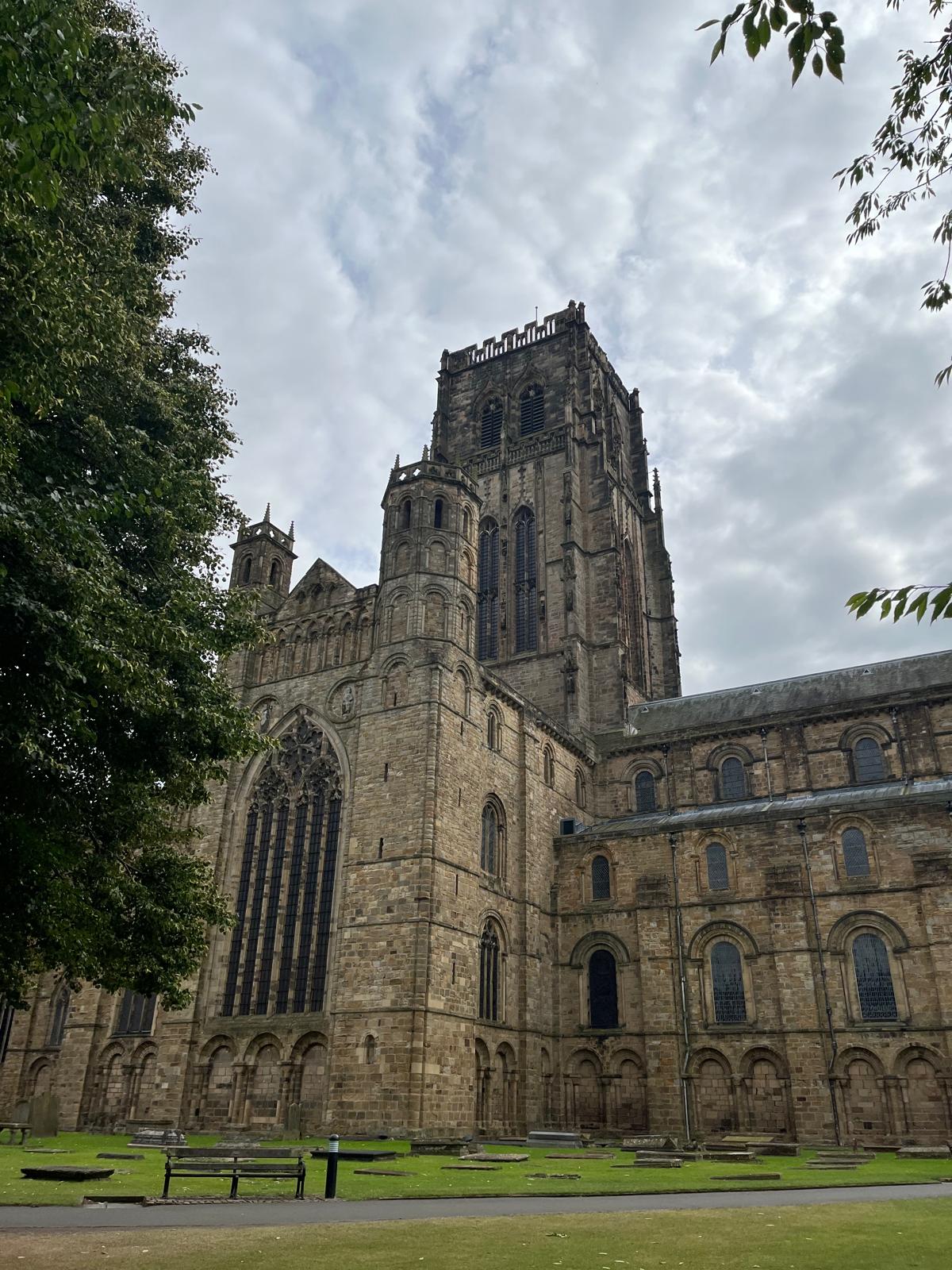
In the late 1990s, around half of Oxbridge students were privately educated. As of 2024, this number has dropped to 33.8 per cent at Oxford and 27.3 per cent at Cambridge.
Durham, however, has not followed suit, with its private-school intake remaining steady. Around six to seven per cent of children attend private schools; however, 39.1 per cent of Durham’s students have been privately educated, the highest proportion of any mainstream UK university.
Most Read
These statistics support a study by Palatinate, which found that only three out of the top 10 feeder schools for Durham University were state-run, with notable names like Eton, Royal Grammar School, Wellington and King’s College scoring highly.
Durham is very closely topped by the Royal Agricultural University at 39.5 per cent of private-school admissions (formerly the Royal Agricultural College). The university has been described as the “poshest college on the planet”, with many counts, viscounts, earls and lords among its alumni.
The Telegraph also found that Eton’s admissions to Oxbridge have halved between 2014 and 2021, with David Abulafa, emeritus professor of Mediterranean History at Cambridge, claiming that being a privately educated, white male is now a disadvantage in the admissions process. He blamed this reduction in intake on the “culture war”, and its supposed obsession with “privilege”.
The University of Oxford declined a request for comment, and the University of Cambridge did not respond to a request for comment.
State-school students at Durham say they find it harder to assimilate
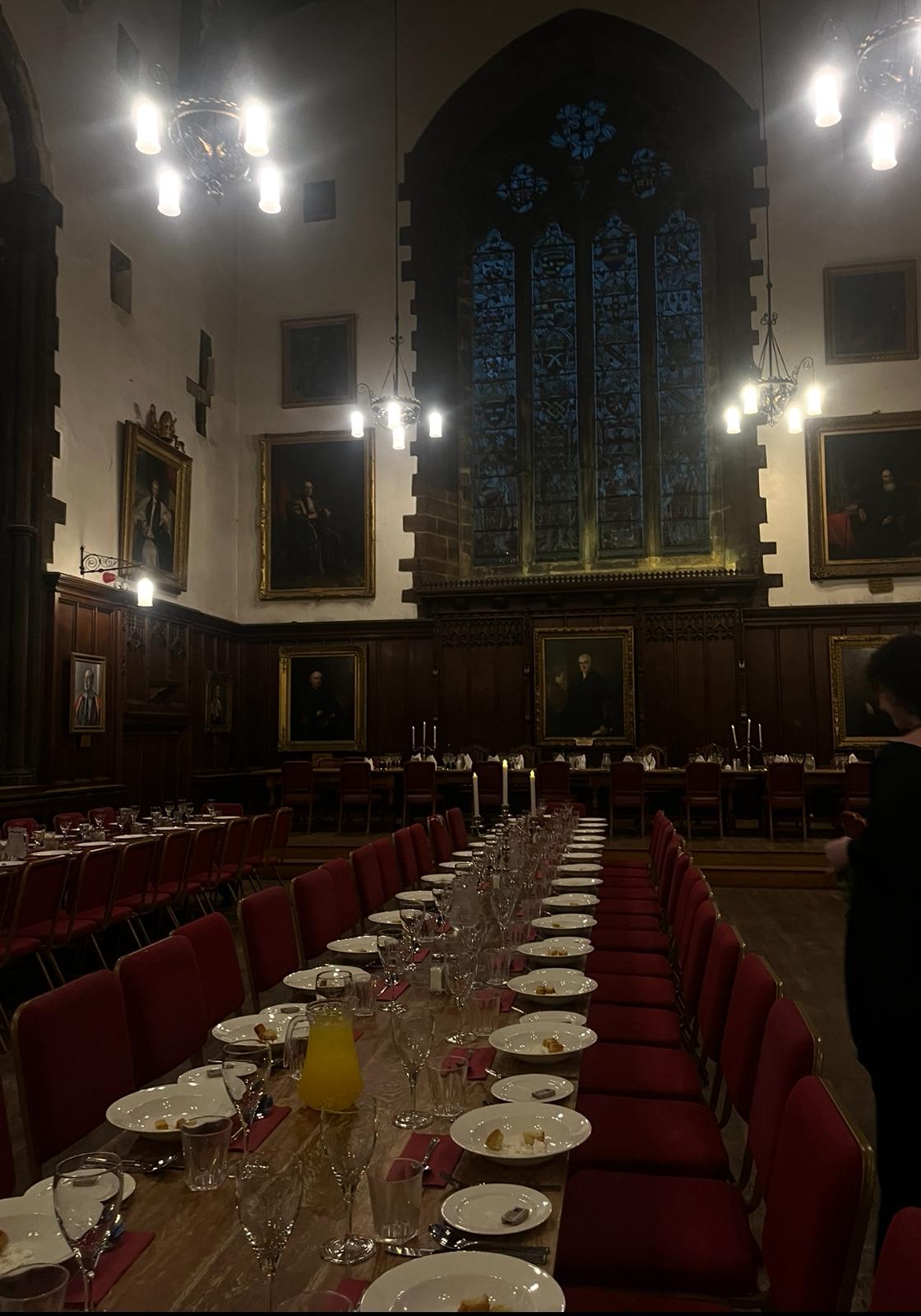
The Durham Tab spoke to state-school students at the university about their experiences, and many cited a struggle to assimilate, alongside feelings of isolation among peers.
Robyn, a second year theology student from University College, said she “had no idea that my experience being part of the 93 per cent of UK students who attend a state school would make me feel so alien”.
Others described feeling as though private-school students had forged connections before coming to university, having met through sporting competitions or connecting schools.
One student, Alex*, said: “The amount of times I’ve been asked what school I went to has been too many to count”, adding that this has given her an “overwhelming feeling of not belonging”.
Another student, Billie*, feels left out because of “everyone knowing [of] each other before, and forming cliques”
Robyn also noted a perceived disparity between “people who boarded” and the “very different language to talk about things based on this”. Durham holds many longstanding traditions, including Matriculation, and Robyn has felt “mistreated for not having knowledge about things like formal etiquette, what black and white tie are, etc”.
Another student felt privately-educated students were “more adjusted to boarding-like living beforehand”, meaning they were better equipped to adapt to catered accommodation.
Students further reported feeling demotivated to participate in sports or felt less secure in their subject knowledge. One student, Ellis*, said they were questioned by a privately-educated peer for their use of the word “monopsony”, having studied A-Level economics – an experience they found patronising. Others spoke of a supposed “superiority complex” that comes with private education.
A Josephine Butler fresher, studying combined honours in social science, described the first few weeks of university as “really tough”. She added: “I had only met three or four others who were state schooled, which has left me feeling really alone”.
A Durham University spokesperson said: “The University and each of our colleges welcome students from all backgrounds. Everyone is valued and treated with respect.
“We have made great progress in diversifying our student body in recent years. The type of school a student attended is not a reliable measure of relative wealth. Better indicators include whether a student was eligible for free school meals.
“We invest £14m a year on access and success initiatives for less advantaged students, and last year nearly one third of our UK undergraduates received some level of financial support.
“When students arrive, we make very clear the behaviours we expect of them, including through required training and induction events.
“Any unacceptable behaviour should be reported, so it can be investigated and swift action can be taken.”
The Bailey and Hill college divide
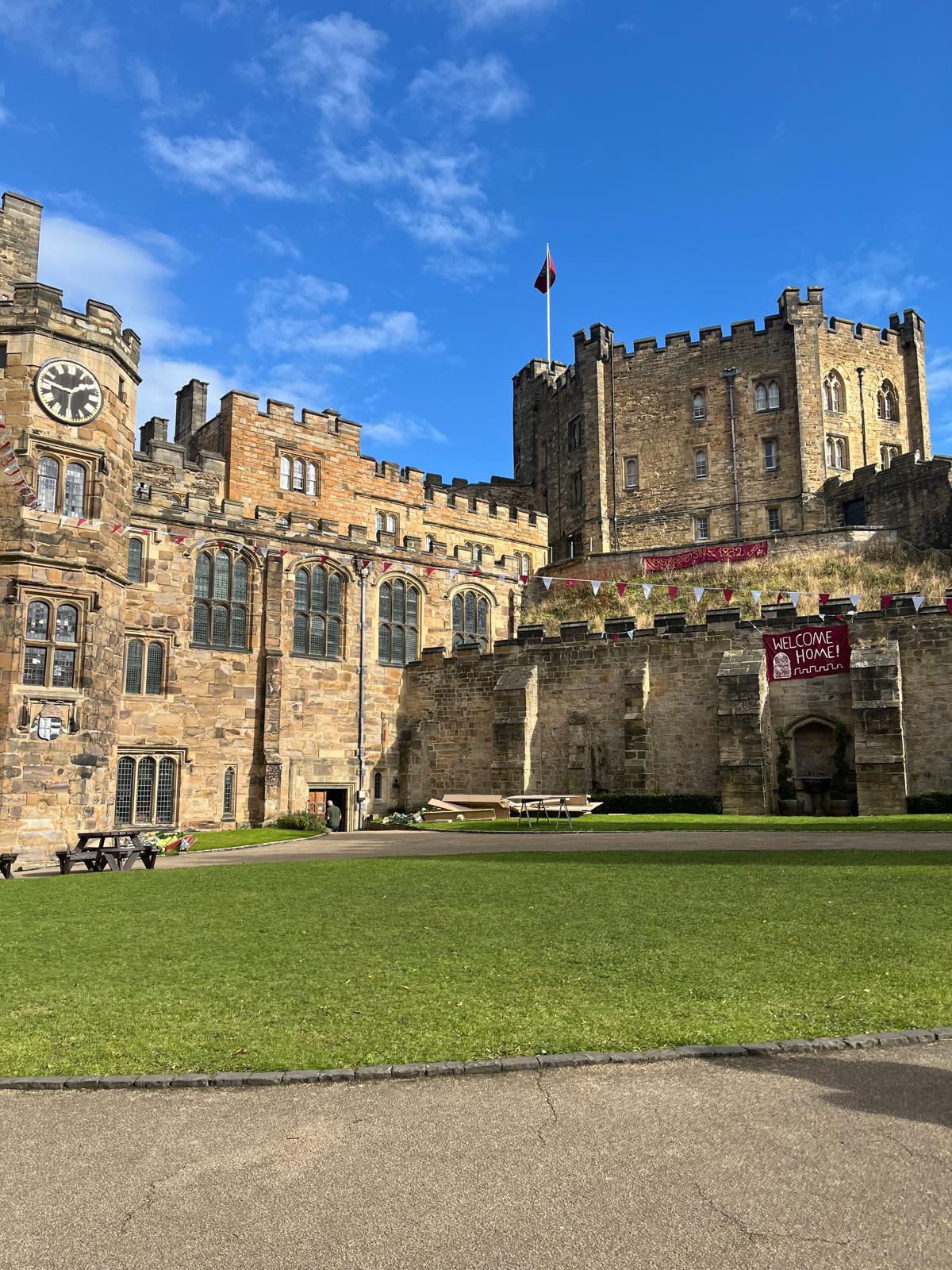
Durham’s collegiate system also appears to be divided along educational lines, with Durham’s founding “Bailey” colleges, which include University College (Castle), and Hatfield, known for what students have described as their “poshness”. State school pupils told The Durham Tab they felt put off by the college’s supposed elitist reputation when applying.
The Durham Tab’s research further found that many students see their college as an integral decider in shaping the university experience, with one state-school student commenting that going to John Snow, a Hill College, “probably shielded me from being in a larger group of privately educated students.”
Another student said: “Picking the right college makes all the difference”, adding that she personally “hadn’t experienced any negativity”.
A 2024 study by Palatinate found that Hatfield’s intake consists of well over 50 per cent of privately educated students. The “Hill” colleges, however, are often more statistically diverse.
Many year 13 students seem to be applying to Durham not only as a so-called “backup option” if Oxbridge applications fall through, but as a viable choice independent of its competitors. This comes as Durham was awarded the title of “University of the Year” and has climbed to third in the Times 2026 national rankings, just after LSE and St Andrews.
*Names have been changed for anonymity
For more of the latest news, guides, gossip, and memes, follow The Durham Tab on Instagram, TikTok, and Facebook.








